This week we had the horrific earthquake in Nepal and the riots in Baltimore and so all at once I heard from people I haven’t heard from in a while. Something was in the air. I love hearing from people, just not quite as much as I love meeting face-to-face with those same people. What brings us together is always the same thing.
Terror, sheer terror.
People contact someone like me because they are afraid. To one degree or another, we are all afraid. We are afraid because we thought life would be different. We thought that we would be happy, for instance, or at least be able to handle things. That our work would satisfy, the money would be enough and the marriage would last. That our kids would be okay. And that their kids would be okay. That we would be one of the lucky ones, safe and in control. We wouldn’t get old. We wouldn’t get sick. And no one would die.
Spring is sweet and summer is easy, but one day you’ll find yourself in the middle of a hard winter.
I try to keep things sunny around here but then I remember what line of business I’m in. I’m in the getting old, getting sick, and dying business.
Life is suffering. Everything falls apart. It’s overwhelming and irreversible. There’s no place to hide. What the hell are you supposed to do now?
A couple of weeks ago I sat a beginner’s retreat on the East Coast and this time nearly everyone who came was a beginner. Oops. In the dining hall before the retreat started I looked around at the mostly middle-aged and older group of total strangers and was afraid. They would never be able to handle the sitting, I told myself. I’d oversold the whole Zen thing again. Whatever they thought they were in for, none of them was ready to face the reality of Zen, even so-called beginning Zen, which is no different from advanced Zen, which is no different from life as it is. They were probably as terrified as I was. I made silly jokes and hardly ate a thing.
But then we began sitting, and sitting some more, and every time the bell rang to sit again everyone showed up in their little spot, day in and day out, in silence, sleepy and sore, emptied of bright ideas and escape routes. It seemed like forever but a minute later the last bell rang on the last day. They had survived.
Before the end, everyone spoke for the first time. An old fellow said his wife had died last year and he was restarting his life. This was his first step.
One woman had returned after the first night without a wig to cover her head, and she was bald from chemo. She didn’t say one word about it and neither did anyone else.
Another woman said she’d woken up a year ago and realized that although her job was to heal children and families, “I was the one who was sick.”
The woman next to her said she had three children and she loved them but sometimes she had to get far, far away from them.
A man said he had bought one of my books for his wife but she wasn’t much of a reader so he read it and then he went on my website and now they were both here together. He smiled a lot, and she did too.
“It was a hard winter,” the next man said before tears overcame him and he thanked everyone just for sitting with him all weekend. “It made a difference.”
Nearly everyone cried. And everyone laughed. Hearts were light and minds, clear.
They’d done the only thing you can do when all else fails: sit down for a while, and then get up and go on back home.
*and it will.



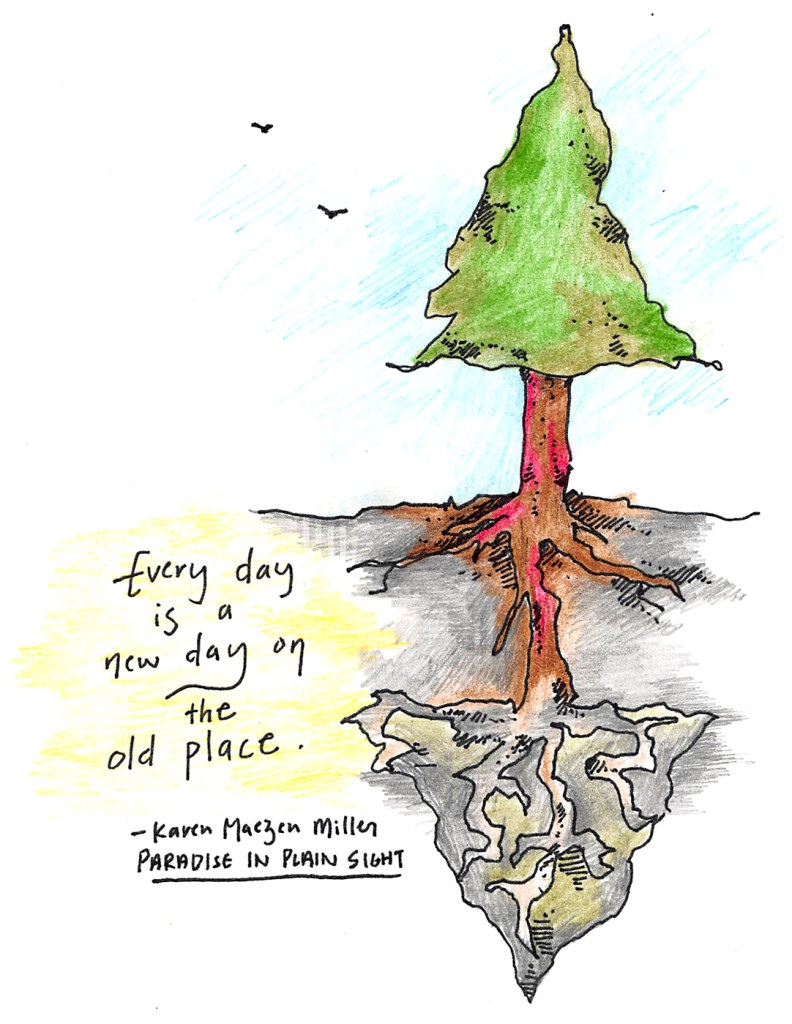
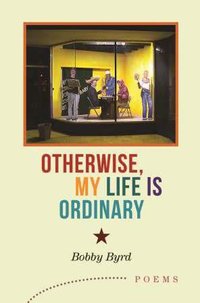
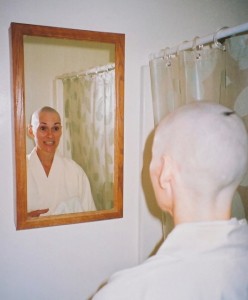
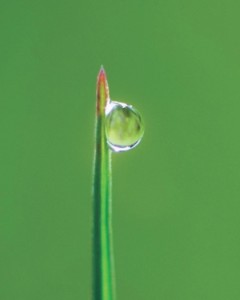

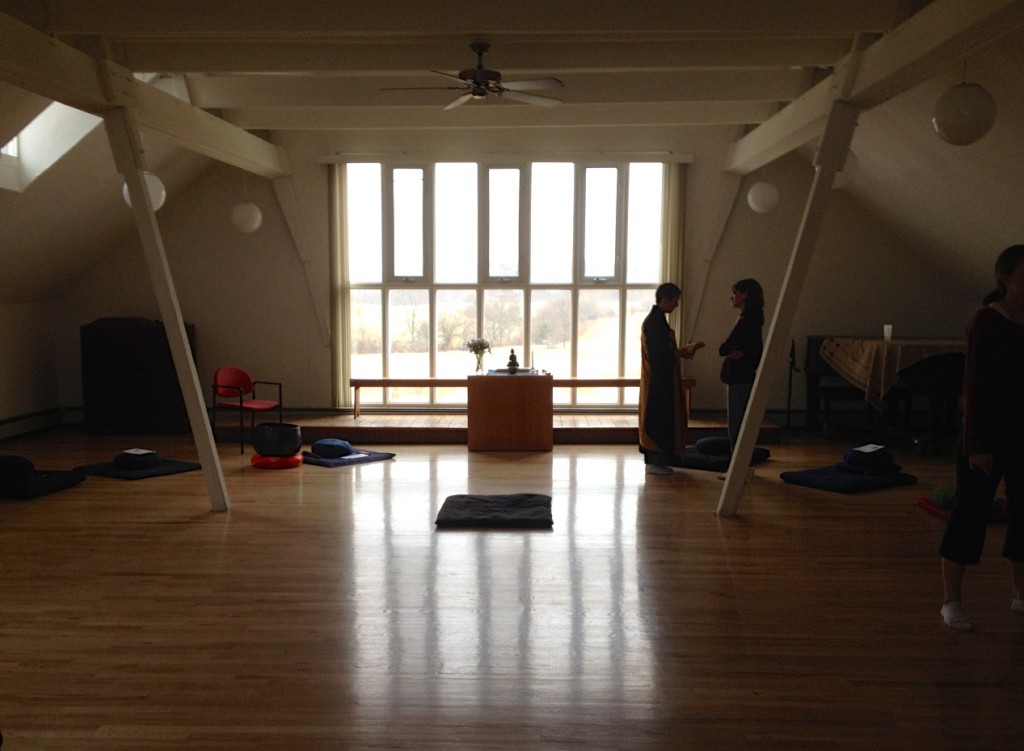
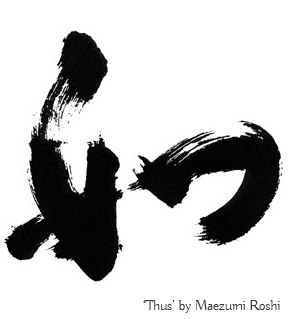 Zen is the freshest essence of mind, already gone by the time it becomes an idea. The Zen meaning of literature is impact, not ideology. ~ Thomas Cleary
Zen is the freshest essence of mind, already gone by the time it becomes an idea. The Zen meaning of literature is impact, not ideology. ~ Thomas Cleary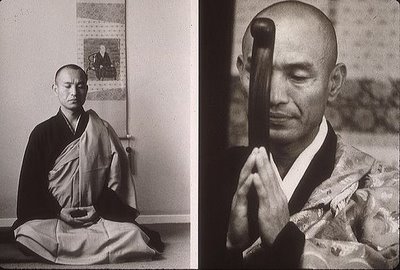
 I had begged my father to take me to the store. It was the day before Christmas, and I had nothing to give to my mother except an art project I had brought home from school, a picture made with painted macaroni. How embarrassing. Even in kindergarten I knew that it wasn’t a real gift. It wasn’t good enough. It wasn’t the kind of thing anyone wants or gets. Remembering it, I can feel the full extent of a five-year-old’s self-criticism and shame. Dad took me to a convenience store and I emptied my piggy bank for a set of plastic drink coasters.
I had begged my father to take me to the store. It was the day before Christmas, and I had nothing to give to my mother except an art project I had brought home from school, a picture made with painted macaroni. How embarrassing. Even in kindergarten I knew that it wasn’t a real gift. It wasn’t good enough. It wasn’t the kind of thing anyone wants or gets. Remembering it, I can feel the full extent of a five-year-old’s self-criticism and shame. Dad took me to a convenience store and I emptied my piggy bank for a set of plastic drink coasters.

